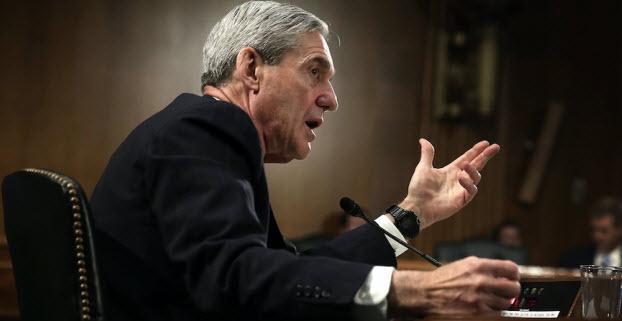Pension panic: The coming financial bubble nobody is talking about
12/28/2016 / By Natural News Editors

For millions of public sector workers in the U.S., state-run pension funds are the only chance left for a comfortable retirement. In the hopes of providing a stable future for their families, an entire generation was duped into putting decades of their earnings into these supposedly ‘risk-free’ investments. Unfortunately, those who have entrusted the government to manage their life savings may end up destitute as a result.
(Article by Shaun Bradley, republished from TheAntiMedia.org)
Budgetary shortfalls that have plagued Detroit for years are now spreading to other municipalities. Since 2008, six local governments have been forced to renegotiate their debts in bankruptcy court, with many others on the same trajectory. The scale of the problem has been repeatedly understated by the media, but across the nation, a somber reality is beginning to set in. [1, 2 3]
States with large populations, like California, often find themselves in the spotlight when it comes to deficits, but there are several others that are in even worse shape. Illinois, New Jersey, and Connecticut are among those facing the biggest hurdles to meet their obligations to retirees. Instead of maintaining a surplus, politicians have continuously prioritized spending today on things like sports stadiums, for example, to ensure re-election. Policymakers on both sides of the aisle have echoed solutions that involve either massive cuts to benefits or shifting the financial burden onto the taxpayer. The price to prop up these insolvent funds will come in the form of higher property taxes, income taxes, and other stealth forms of subsidization. [4, 5]
The ongoing exodus of people from the Northeast to states that offer better opportunities and a lower cost of living is putting even more stress on the already fragile system. Pension payouts depend on the contributions of current workers, and as the labor force dwindles, so does the money available.
Pushing through substantial reforms is counter-intuitive for our representatives. If they do the responsible thing and defer excess spending in the present, it will undoubtedly have a negative impact on their voter base. America’s political pastime of kicking the can down the road continues, but the options to keep this shell game going are running out.
Read more at: TheAntiMedia.org
Sources:
[2] Governing.com
[3] WSJ.com
[4] Fortune.com
[5] Mercatus.org




















